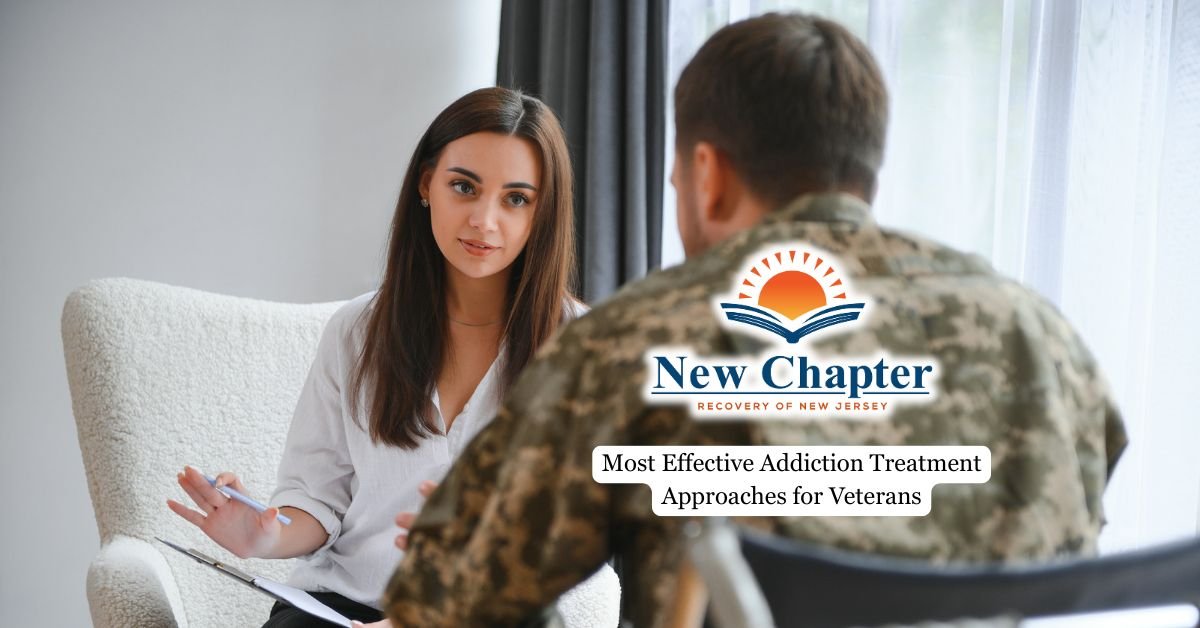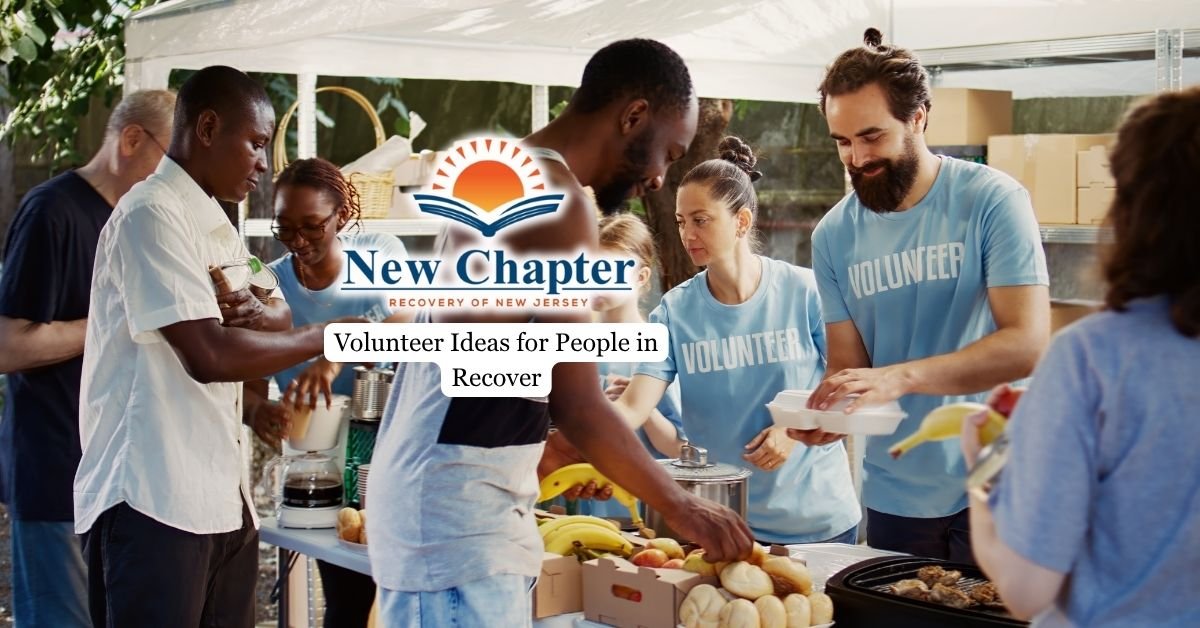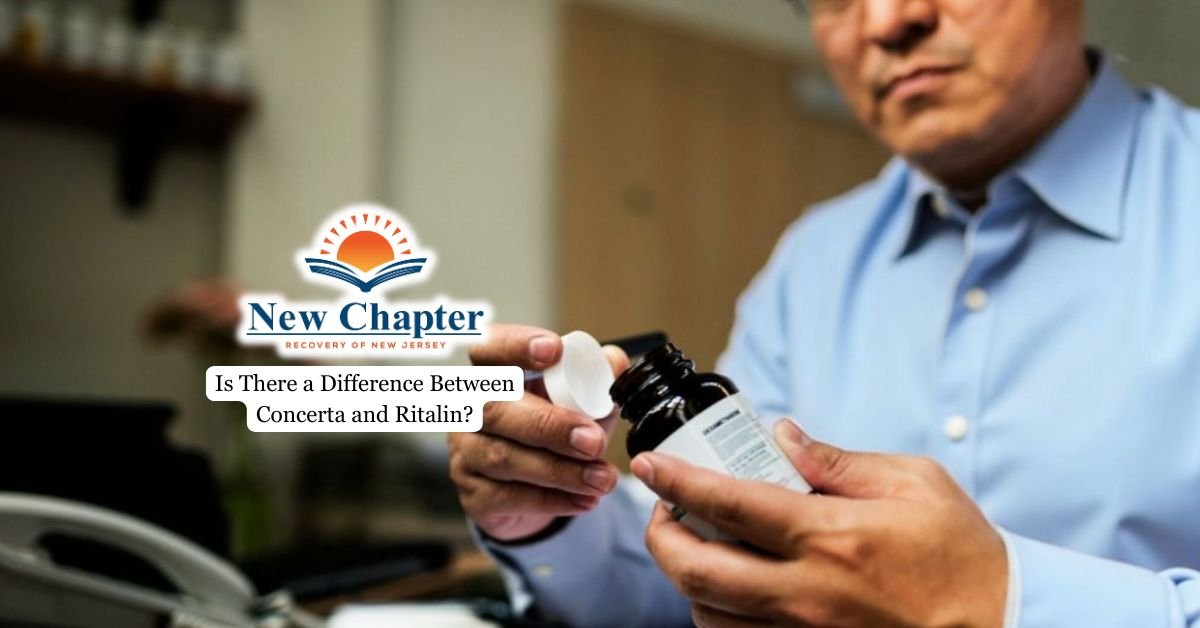Veterans face unique challenges related to addiction and substance use disorders, often compounded by mental health conditions such as post-traumatic stress disorder (PTSD). Understanding tailored treatment approaches specifically for veterans is essential to address these intertwined issues effectively.
Read on to explore the range of addiction treatment programs available to veterans and the unique needs they present. Find out how integrated, comprehensive care from the Department of Veterans Affairs (VA) helps veterans seeking treatment for substance use and related mental health conditions.

The Unique Treatment Needs of Veterans
Military veterans often experience a complex combination of substance abuse, PTSD, and other co-occurring mental health disorders, making their treatment needs different from the general population. Substance abuse among veterans commonly includes alcohol use disorder, opioid use disorder, and drug addiction, frequently intertwined with post-traumatic stress disorder.
These veterans may also face challenges related to reintegration into civilian life, homelessness, and barriers in accessing care. Effective addiction treatment for veterans requires trauma-informed care that addresses both substance use and mental health conditions in a comprehensive and culturally sensitive manner.
Elements of Effective Treatment for Veterans
The foundation of effective treatment for veterans involves individualized assessments and tailored treatment plans that reflect their unique histories and current challenges. Integrated treatment programs combining mental health and substance use disorder treatment are essential, as many veterans struggle with addiction and PTSD simultaneously.
Confidentiality, cultural competence related to military experience, and a safe space for veterans to share their experiences are critical elements in creating treatment settings that encourage engagement and retention.
Evidence-Based Psychosocial Treatments
Several psychosocial treatments have proven effective in treating addiction and co-occurring disorders among veterans. Cognitive-Behavioral Therapy (CBT) addresses both substance use and mental health conditions, while Cognitive Processing Therapy (CPT) is specifically designed to treat PTSD. Motivational Interviewing enhances treatment engagement for veterans struggling with addiction, and brief interventions combined with relapse prevention skills support lasting recovery. These therapies are often included in addiction treatment programs within Veterans Affairs facilities, ensuring veterans benefit from comprehensive, evidence-based care.
Trauma-Informed Approaches
Given the high prevalence of PTSD and other trauma-related disorders among veterans, trauma-informed treatment approaches are vital. Models like integrated treatment for PTSD and addiction simultaneously address substance use and traumatic stress symptoms. The GLAPE approach and other trauma-sensitive procedures reduce barriers to treatment and increase engagement, offering veterans a supportive environment tailored to their complex needs.
Pharmacological and Medical Interventions
Medication-assisted treatment (MAT) is a cornerstone of addiction treatment for veterans dealing with opioid addiction or alcohol use disorder. Common medications include methadone, buprenorphine, and naltrexone, which have been shown to improve treatment retention and reduce relapse. The Department of Veterans Affairs ensures coordinated care, managing co-occurring chronic pain and mental health conditions to reduce dependency on addictive substances. Medication-assisted treatment complements psychosocial interventions and forms a core part of VA treatment programs.

Technology-Based and Innovative Approaches
Innovations in addiction treatment include digital therapeutics and mobile health applications designed to support veterans in recovery. Tools like the Stand Down app, supported by peers, help veterans increase accountability and engagement. Telehealth and virtual group therapy expand access to care, especially for veterans in rural or underserved areas, allowing for continued connection to treatment without geographic barriers.
Peer and Social Support Interventions
Veteran-specific recovery groups and structured peer support programs provide camaraderie and a safe space for veterans to share experiences. Social services addressing housing, legal, and employment needs are often integrated into treatment settings, especially important for homeless veterans or those facing social instability. This wraparound support contributes to improved outcomes and sustained recovery.
Integrated and Multidisciplinary Models
Comprehensive addiction treatment for veterans typically involves integrated, multidisciplinary approaches. Intensive outpatient programs combine therapy, education, and peer support, delivered by interdisciplinary teams that include clinicians, social workers, and other specialists. These programs address the full spectrum of substance use disorder treatment needs, ensuring veterans receive coordinated care tailored to their specific conditions.
Special Considerations and Challenges
Veterans may face stigma around addiction and mental health disorders, which can hinder seeking treatment for substance use. On top of that, veterans with co-occurring disorders such as PTSD require specialized treatment approaches that address both aspects concurrently. Matching veterans with appropriate levels of care and providing culturally competent services is necessary to overcome barriers to treatment and improve treatment retention.
Directions for Future Research and Practice
Continued research into addiction treatment specifically for veterans is essential to expand the evidence base and optimize integrated approaches. Innovations in digital health, trauma-specific interventions, and peer-supported services show promise in enhancing engagement and outcomes.
Addressing access gaps and improving treatment retention for diverse veteran populations will remain key areas of focus for the Veterans Health Administration and other organizations committed to helping veterans struggling with addiction.
Final Thoughts from New Chapter Recovery
Veterans struggling with addiction face a complex interplay of substance use and mental health conditions that require comprehensive, integrated treatment approaches. Effective addiction treatment for veterans combines evidence-based therapies, pharmacological interventions, and innovative technologies to support sustained recovery and improve overall well-being among those who have served.
At New Chapter Recovery in New Jersey, we provide dedicated addiction treatment to help veterans reclaim their lives and rediscover lasting hope. Through trauma-informed care, evidence-based therapies, and spiritual support, our team understands and addresses the unique challenges veterans face, creating a compassionate space for true healing from drug and alcohol addiction.






